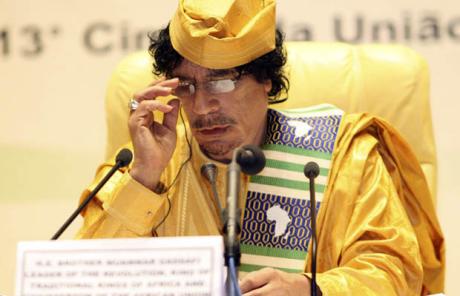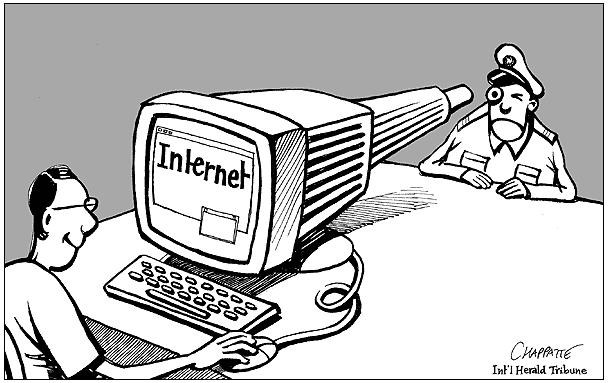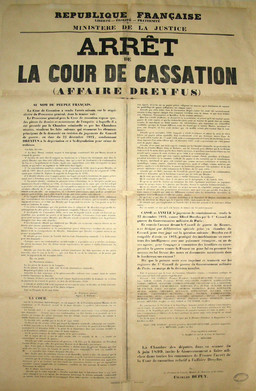A few days ago I wondered out loud (or rather on this blog) how come the Times found it so easy to accept a certain style of court reporting. In the post “When your surname’s not Bonanno” I had given the example of a court report in which it was blatantly evident that the most important part of the report was the lawyer for one of the parties and not the story itself. The lawyer in question was Dr José Herrera who also happens to be the shadow justice minister.
In that particular case, Herrera was making a point (presumably in favour of his client) about the composition and decisions of the Arbitration Tribunal. Here’s what J’accuse had to say at the time:
Well. We did not have to wait too long to get an answer. José Herrera writes in the Times today – “Streamlining court judgements“. His article is about reforming an aspect of the courts and he advocates (in his political capacity) the introduction of a new kind of court that he describes as a “third court of appeal”. Herrera does make a point about recent judgements about (surprise surprise) the constitutionality of the Arbitration Tribunal. Funny how the subject of the very case reported on the Times on the 13th October turns up to be crucial to an argument (a political one) being made by Herrera in his shadow ministerial capacity.Has the court reporter been fired? I wonder? Will editorial space be wasted on a Sunday reminding us of Black Friday or whatever other mumbo jumbo to distract us from the truth?
Meanwhile the Times seems to have changed its policy on court reports (since the 13th October post). Less lawyers are mentioned. I’d suggest they get a legal proofreader to work on our prospective justice minister’s articles. It’s not a Court of Cessation Josè… it’s Cassation. Seeing how it seems to be a battle cry of yours you might as well get it right.
Streamlining court judgements – José Herrera
As usual, I had occasion to follow first-hand the speech delivered by the Chief Justice on the occasion of the opening of the Forensic Year. The delivery proved to be motivating.
These occasions are not merely ceremonial but also, to a point, significant. It is practically only on this particular occasion that the president of the courts has the opportunity to express his opinion on pressing and important issues before holding his silence for the next 12 months, as is customary for the members of the judiciary. One of the underlying topics dealt with in his speech regarded the innovative idea of introducing a Court of Cessation.
As is well known, in Malta, unlike elsewhere, we do not have, in the strict sense of the word, a supreme court. The highest court in our country is the Court of Appeal whose members also de jure compose the Constitutional Court. There is no third court of appeal.
It must be pointed out that, until recently, no need was felt for the introduction of such a court and this due primarily to the country’s rather small population. Until a few years ago, all appeals were, as a rule, entertained by what was then the one and only appellate court. Thus, few and remote were the instances of inconsistency in the jurisprudence emanating from Malta’s top tribunal.
Over the years, however, the judiciary began to face a different reality. It is an uncontested fact that the volume of litigation in the past 30 years or so has exploded and this not merely on account of the increase in our population, which has not been so significant, but also on account of the augmentation in economic activity. For example, today, we have witnessed the registration of almost 60,000 companies owned by foreign beneficiaries.
On account of this occurrence, the need was felt to introduce two different sessions of the same court of appeal composed of different judges. As would be expected, at times this arrangement has led to conflicting judicial pronouncements and ambiguity in the law. It must be stated that a basic requisite of a fair trial is certainty of the law as was lately affirmed by our courts in the constitutional reference in the case Frank Cachia vs The Attorney General decided on February 16, 2011.
It is opportune here to refer to another landmark judgement delivered only too recently. On September 30, a case in the names of H. Vassallo & Sons Ltd vs The Attorney General et upset an important judicial notion established only a short while back by a judgement of similar impetus, this time in the names Joseph Muscat vs the Attorney General et, both judgements being delivered by the Constitutional Court.
The subject matter of the two judgements was the recurring issue of forced arbitration, that is whether this institute was in conformity with the Constitution or otherwise.
The Constitutional Court has now firmly decreed otherwise. Undoubtedly, the discrepancy between the two important judgements has left too much vagueness with regard to hundreds of cases pending before the Arbitration Centre. It must be said that, undoubtedly and logically, the most recent decision must prevail.
The Chief Justice did not propose the setting up of a permanent supreme court. Our country is simply too diminutive for the introduction of a third court of appeal. Such a move would not prove to be practical. He suggested that when a concern of national importance has to be determined or when the topic would have given rise to conflicting decisions by the Appeal Court, then the matter should be referred to a Court of Cessation. This would be a temporary court only recalled at his discretion in order to decide the legal point in question and would be composed of those three judges who would ordinarily preside over the appellate court together with two other judges each representing the two other sessions of the Appeal Court. To my mind, this suggestion made by our top judicial officer leaves much food for thought.
Though in Malta we do not strictly hold fast to the law of precedent, indisputably judgements delivered by the superior courts, especially at appellate level, do carry substantial weight and give an aura of consistency in our jurisprudence.
Lately, however, the phenomenon of conflicting judgements has become recurrent.
A case in point is the issue of the interpretation of the legal obligations emanating from chapter 104 of the Laws of Malta regarding third-party risks in insurance. Before the Criminal Court of Appeal, we now have a set of three judgements asserting the opposite of what the other three judgements have established.
This confusion has led the filing of a particular constitutional application, which is still pending before the courts.
In conclusion, I feel that the suggestions made in this respect by our top judge in this the most solemn occasion of the Forensic Year was very pertinent and that, maybe, yes, it is high time that something is done even in line with that suggested above in order to better streamline jurisprudence.
Dr Herrera is shadow justice minister.






